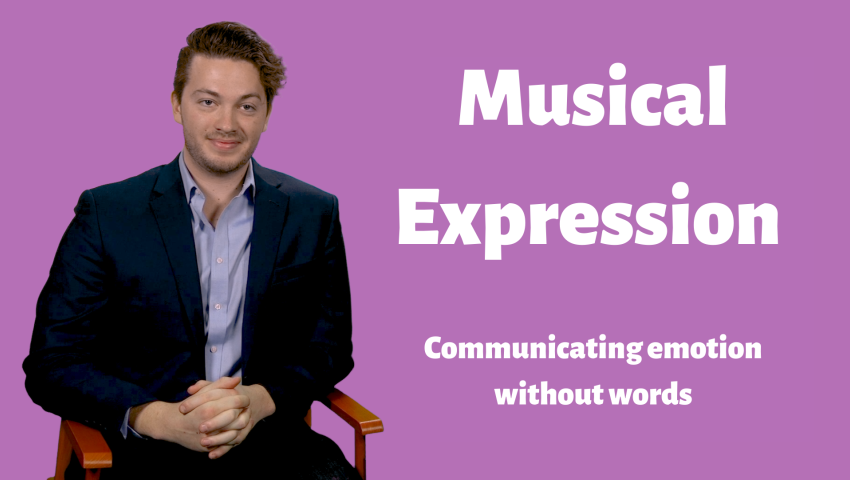Chloe: Hi and welcome to the BH WELL video blog. I'm Chloe Robertson, your host. BH WELL stands for Behavioral Health Wellness Environments for Living and Learning. Today on the blog we have with us Silas Deane, a musician and producer. He just happens to be the artist who composed the BH WELL music you hear on our video blogs and other products on our website. Hi Silas.
Silas: Hey Chloe, thanks for having me on here.
